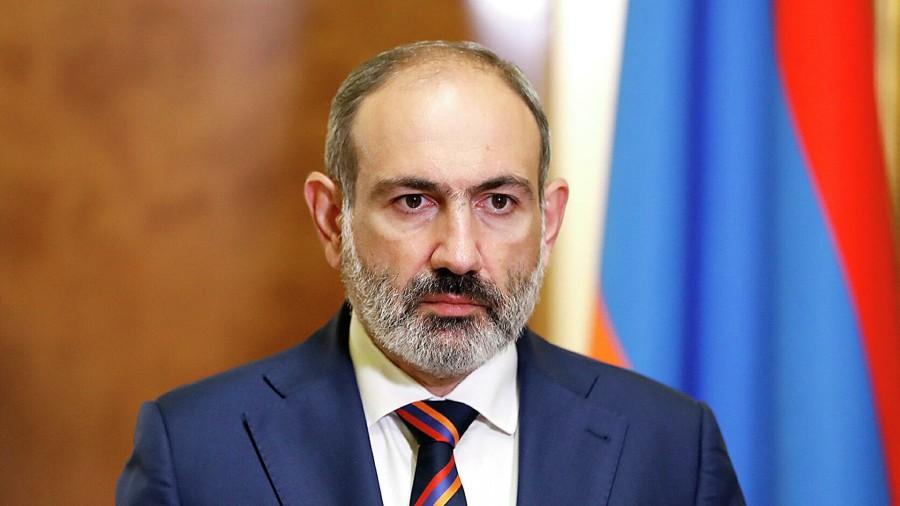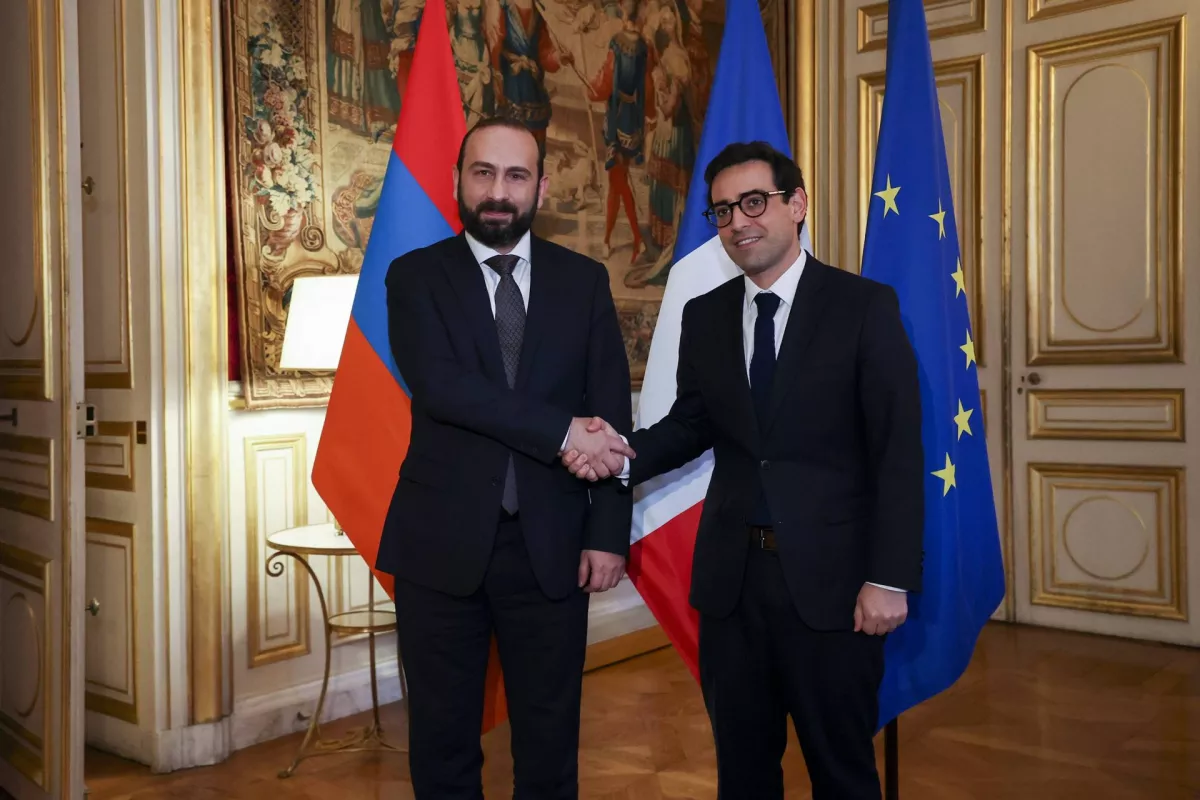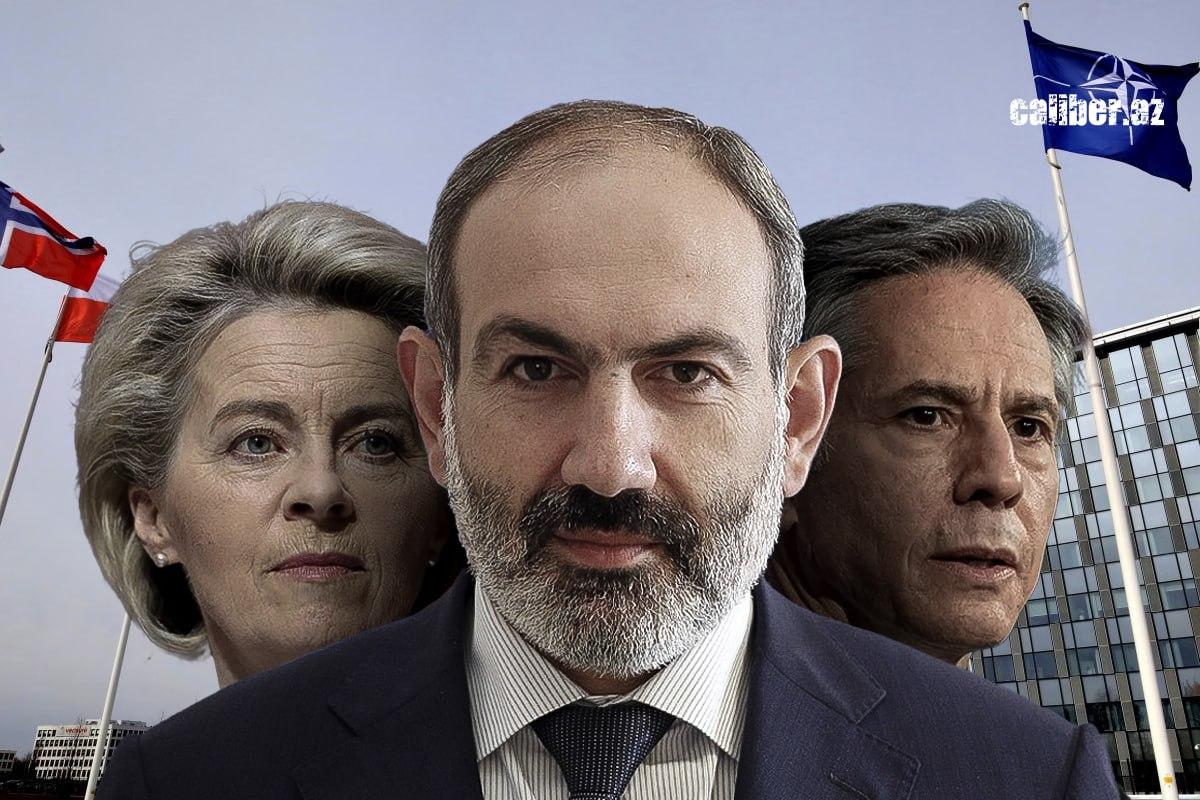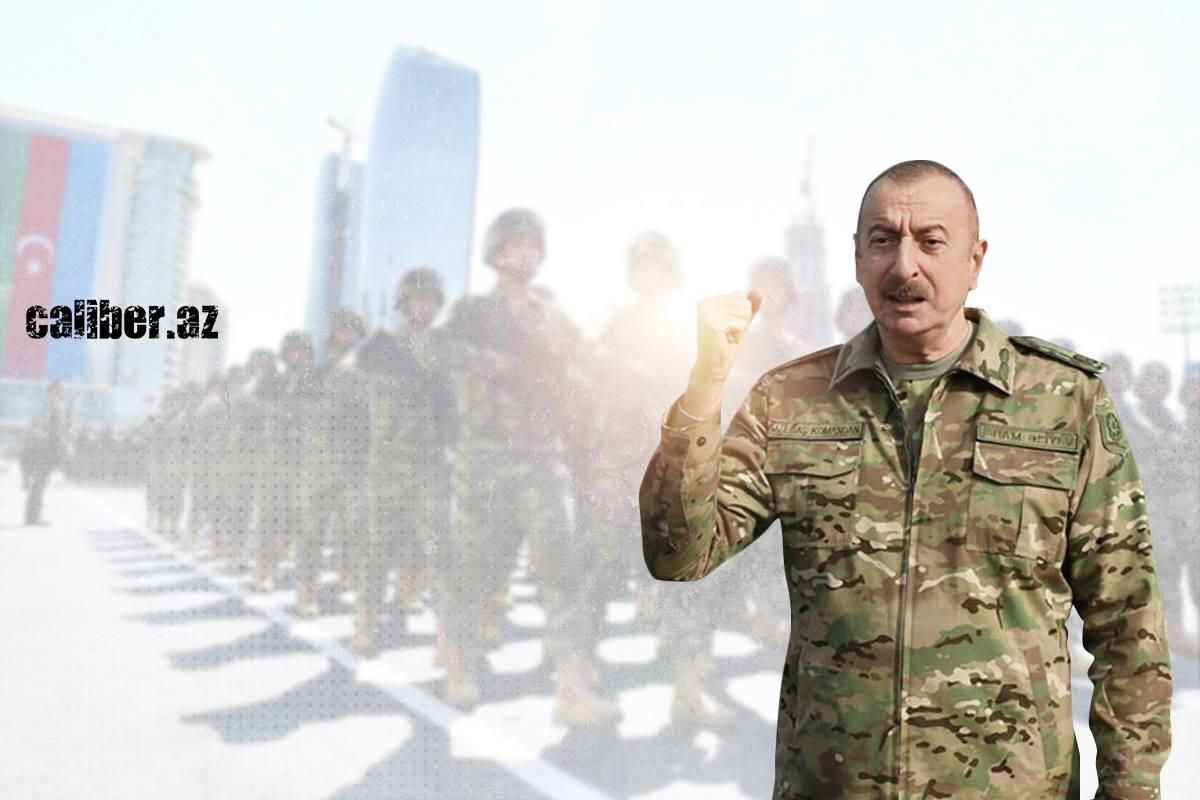Western influence resurfaces: Armenia's plan B in Karabakh strategy Yerevan’s new stance raises eyebrows in Baku
As previously reported by Caliber.Az, there has been a significant resurgence of interest in the "Karabakh case" among Western powers, particularly the United States. This shift was prominently showcased during the hearings titled "Human Rights in Azerbaijan since the Fall of Nagorno-Karabakh," held on September 19 by the Tom Lantos Human Rights Commission in the US Congress. Notably, representatives from the former separatist regime, including Gegham Stepanyan—who was introduced as the "Ombudsman of the Artsakh Republic"—attended these hearings, highlighting the increasing focus on this issue.
Evidently, Washington, Paris, and several other capitals see their support for Armenia in the "Karabakh issue" as a way to exert pressure on Baku while simultaneously enhancing their influence in the South Caucasus.
In response, Yerevan has astutely recognized this shift and is actively pursuing a strategic plan to capitalize on it. Armenian leaders, including Prime Minister Nikol Pashinyan and Foreign Minister Ararat Mirzoyan, have made statements indicating a willingness to sign a peace treaty, albeit in a limited form.
At the Yerevan Dialogue international forum on September 10, Pashinyan announced that Armenia was prepared to sign an already agreed-upon peace treaty, asserting that 13 points and the preamble were fully settled, while three points remained partially negotiated.
“I want to confirm our readiness to sign the agreed text on establishing peace and relations as soon as possible. We propose to take what has already been agreed upon, sign, have a fundamental document and then continue discussing the rest of the issues,” the Armenian prime minister said.

Echoing this sentiment, Armenian Foreign Minister Ararat Mirzoyan stated, “Armenia is prepared to sign a peace treaty with Azerbaijan as soon as possible.” This declaration came during a joint press conference with French Minister of Europe and Foreign Affairs, Stéphane Séjourné.

Such urgency raises eyebrows, especially considering that just a few months ago, in May, Yerevan had expressed a markedly different stance. At that time, Prime Minister Pashinyan emphasized that all principles of the treaty needed to be agreed upon before any signing could take place.
Similarly, earlier in 2023, Armen Grigoryan, Secretary of the Armenian Security Council, remarked to Radio Azatutyun that the prevailing negotiation approach was that “if everything is not agreed, then nothing has been agreed yet.”
What lies behind the recent statements from the Armenian leadership that contradict their earlier positions? What’s the underlying strategy? Caliber.Az delves into the details.
The underlying strategy appears to be aimed at binding Azerbaijan’s hands with a truncated peace treaty that leaves several points unresolved. The Armenian leadership seems intent on moving swiftly to the next phase of its plan following the signing of this incomplete treaty, with backing from Western allies. This plan likely involves reactivating discussions concerning the return of Karabakh Armenians and the contentious guarantee of their security across various platforms, seeking the involvement of international organizations or specific Western nations, such as the United States and France.

Baku swiftly discerned the intentions of Yerevan and its Western allies, taking proactive measures in response. Azerbaijan categorically rejected the Armenian authorities' proposal to sign a draft peace agreement that omitted unagreed provisions. It was clearly articulated that Armenia's call for such a signing was an attempt to defer unresolved issues to a later stage.
Baku has repeatedly stated that it will not endorse a truncated peace agreement that could be deemed invalid by Armenia's Constitutional Court, thus paving the way for its potential annulment by Armenian state structures, both under Pashinyan’s administration and beyond. This raises a critical question: how can Armenia formally acknowledge Azerbaijan's territorial integrity when its constitution still harbours claims to Azerbaijani territory?
After Armenia and its allies recognized that their strategy to constrain Azerbaijan with a truncated peace treaty had failed, they shifted to Plan B. This new approach has led Yerevan, emboldened by Western backing, to increasingly raise issues such as "Nagorno-Karabakh" and allegations of "ethnic cleansing," hinting at a desire for retribution.

We must caution our neighbours: you are engaging in an extremely risky game that could have dire consequences for both the Armenian people and their statehood. The more Armenia aligns itself with American and French agendas, the more pressing the question of Western Azerbaijan and its governance becomes. In light of Armenia's ongoing claims to Azerbaijani territories, Baku may need to consider implementing reciprocal or even asymmetric measures.








